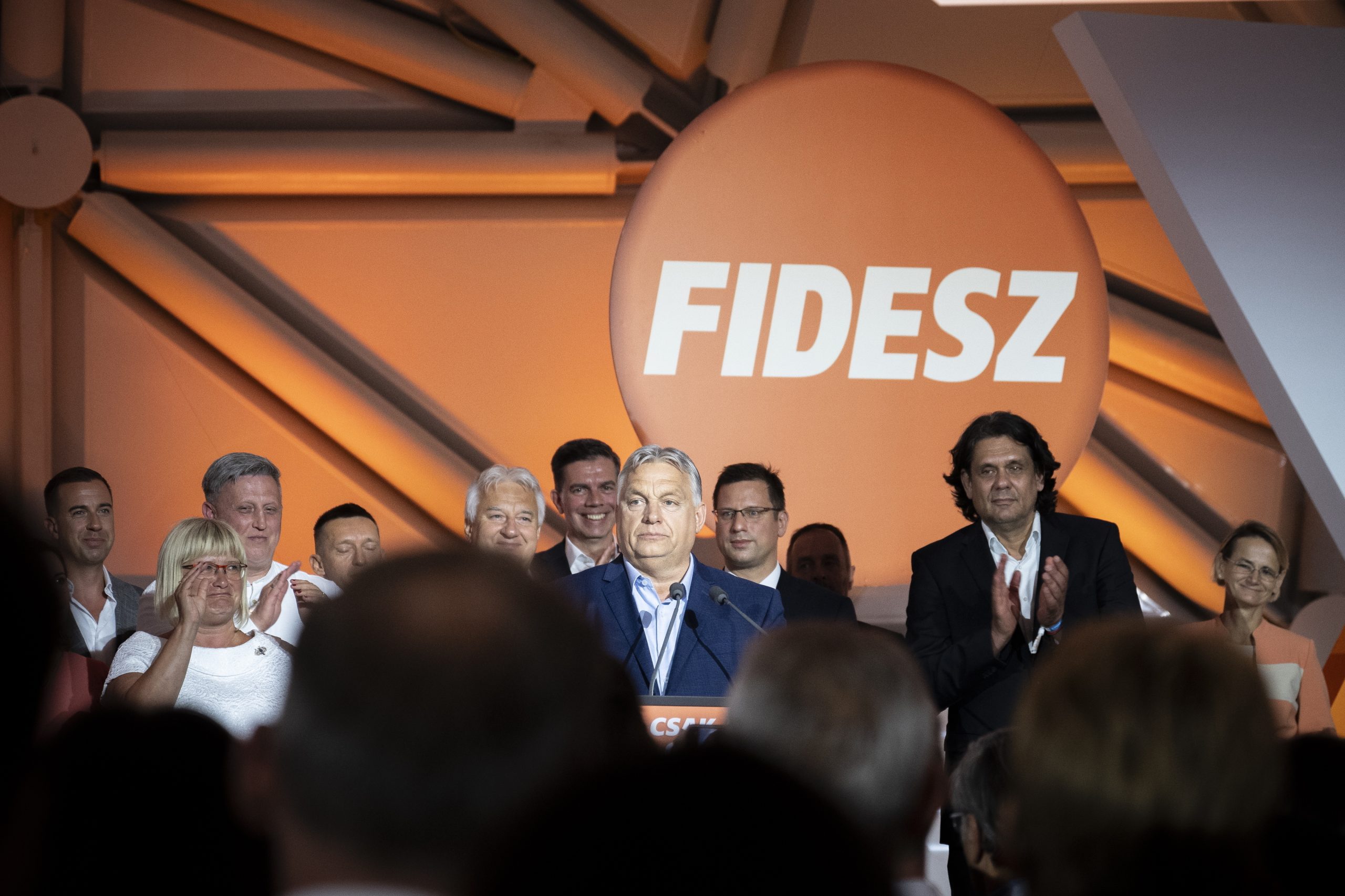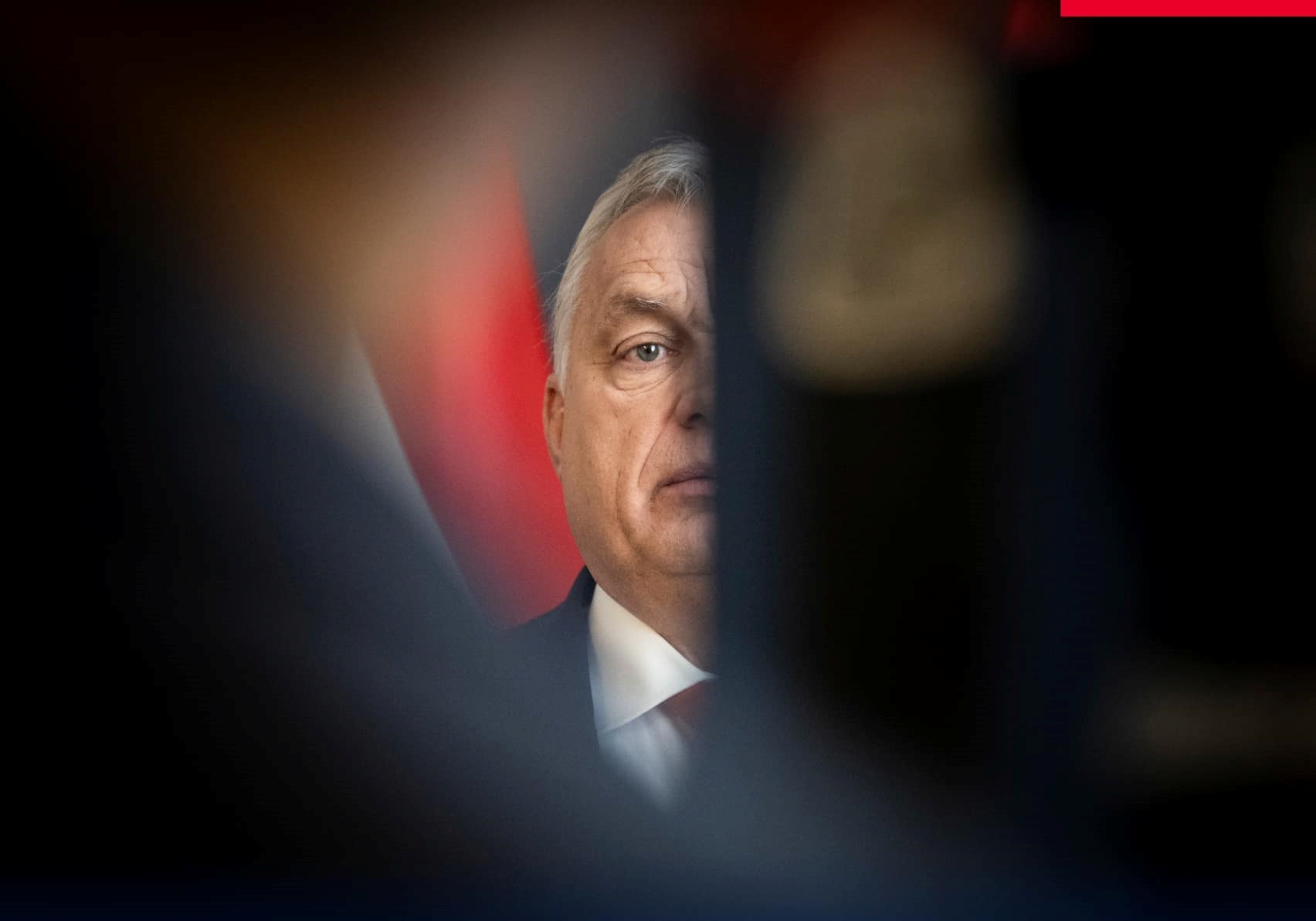
In terms of the preferences of active party voters, Fidesz-KDNP stands at 40 percent, while TISZA Party at 35 percent.Continue reading

Grok is the next best thing. Apparently. It is the artificial intelligence assistant running on Elon Musk’s social media platform X that touts itself as the largest uncensored free-speech forum in the world, whose users are made up of a crowd with a left or right leaning pretty much at a 50-50% ratio. We were curious about how the portal’s AI algorithm would characterize one of the most influential politicians of our time, Hungarian Prime Minister Viktor Orbán.
The question we have typed in to Grok was: “Is Viktor Orbán a Good Leader?”
Grok’s attractiveness lies in the fact that it displays the sources it had used to generate its summary about the question at hand. These sources can be divided into two groups:
Here is a summary of these sources with their political leaning and their opinion about Viktor Orbán:
3 x Reddit: mostly left leaning, depicts Viktor Orbán (VO) in negative terms
2 x Quora: neutral, mixed opinions
Wikipedia: left leaning, depicts VO in mostly negative terms
Politico: left leaning, depicts VO in negative terms
Pew Research: center right, balanced depiction
Britannica: left leaning, depicts VO in mostly negative terms
German Marshall Fund: left leaning, depicts VO in negative terms
BBC: left leaning, depicts VO in negative terms
National Public Radion (NPR): left leaning, depicts VO in negative terms
The Conversation: left leaning, depicts VO in negative terms
Voice of America (VOA): left leaning, depicts VO in negative terms
USA Today: left leaning, depicts VO in negative terms
3 x Viktor Orbán: right leaning, depicts himself in positive terms
2 x The Intellectualist: left leaning, depicts VO in negative terms
Pekka Kallioniemi: left leaning, depicts VO in negative terms
End Wokeness: right leaning, depicts VO in positive terms
Pato Bonato: right leaning, depicts VO in positive terms

Illustration: Pixabay
Now let us see what Grok has made of all of these opinions:
“Viktor Orbán’s leadership is a subject of considerable debate, reflecting diverse perspectives on his tenure as Hungary’s Prime Minister. Orbán has overseen economic policies that have led to growth in Hungary, with economic stability and job creation being highlighted as achievements. His government managed to reduce inflation and fiscal deficits during his first term, and under his leadership, Hungary joined NATO. This economic stewardship is often cited favorably by supporters.
Orbán has emphasized cultural conservatism, notably through policies aimed at supporting family formation with pro-natalist incentives, and has taken a strong stance against immigration. These policies resonate with those who appreciate a leader upholding traditional values. Critics, however, argue that such policies promote nationalist and exclusionary attitudes, pointing to laws like the “Don’t Say Gay” inspired legislation as regressive.
There’s significant criticism regarding his approach to democracy. Since 2010, actions taken by Orbán’s government have been accused of undermining democratic institutions, including changes to the constitution, control over media, and influence over judicial processes. This has led to international concern about the erosion of democratic norms in Hungary, with some describing his regime as an “illiberal democracy” or an “electoral autocracy”.
Orbán’s foreign policy, particularly his relations with Russia and his approach during the Ukraine crisis, has been both praised for maintaining a unique stance within the EU and criticized for potentially aligning with non-democratic regimes at times. His meeting with Vladimir Putin and his initial hesitance on EU sanctions against Russia have been points of contention. Within Hungary, Orbán enjoys support from a significant portion of the population, especially in rural areas and among those valuing strong national leadership and traditional values. However, there’s also a strong opposition, particularly in urban centers like Budapest, where his leadership style and policies are seen as authoritarian. Given these points, whether Orbán is considered a “good leader” depends heavily on one’s political perspective, values regarding democracy, and views on nationalism versus globalism. Critics argue his methods compromise democratic integrity, while supporters might laud his economic policies and cultural preservation efforts. Therefore, the assessment of his leadership as “good” or “bad” is inherently subjective and influenced by a wide array of factors.”
Is this description fair? Tell us what you think in our own X comment section.
Featured Image: Facebook Viktor Orbán